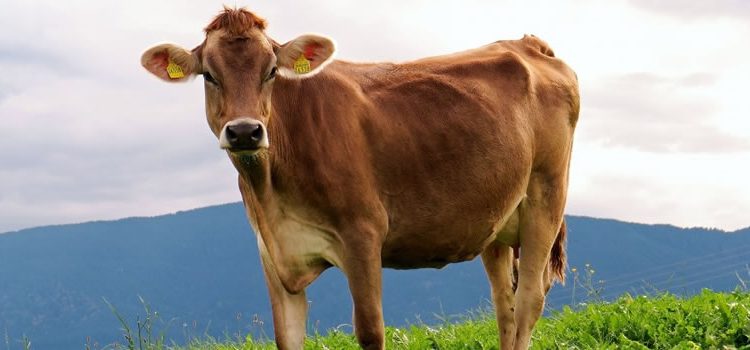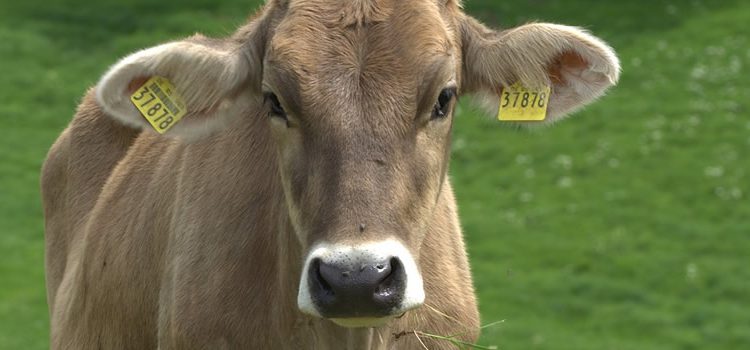About the project
BovReg brings together scientists from the EU, Switzerland, international organizations, Canada and Australia, aiming to improve our understanding of the genetics of cattle, focusing on particular functions in the cow genome that correspond to the diversity and adaptability of the physical characteristics (phenotypes) among different breeds of cattle.
Twenty leading laboratories from all over the world joined forces for this four-year project, with researchers from various disciplines, to form a global interdisciplinary team, which is coordinated by the Leibniz Institute for Farm Animal Biology (FBN) at Dummerstorf in Germany.
Activity News Box
12/10/2023 - BovReg training on methodology for biology-driven selection was held in Aarhus
25/09/2023 - BovReg project joins forces with Canada to reduce cow emissions and combat climate change
14/09/2023 - Extended deadline for the Aarhus training on methodology for biology-driven selection 25th – 28th of September 2023

The BovReg consortium aims to provide a comprehensive map of functionally active genomic features in cattle and how their (epi)genetic variation in beef and dairy breeds translates into phenotypes. This constitutes key knowledge for biology-driven genomic prediction needed by scientific and industry livestock communities in order to address the challenges facing agriculture in the 21st century.

In addition to experts in cattle research, numerous scientists form BovReg`s unique consortium combining expertise in bioinformatics, molecular genetics, quantitative genetics, animal breeding, reproduction physiology, and, as a special feature, ethical and social sciences. International data-sharing standards will be extended or newly developed based on genetic analyses and new bioinformatic methods established during the project.

Outcomes will be integrated into the worldwide molecular-biology competence network “Functional Annotation of Animal Genomes” (FAANG) and made available to the wider scientific community. In parallel to the ENCODE initiative which is dedicated to characterize the function of the human genome, FAANG is working on the identification of functional regulators within animal genomes.






